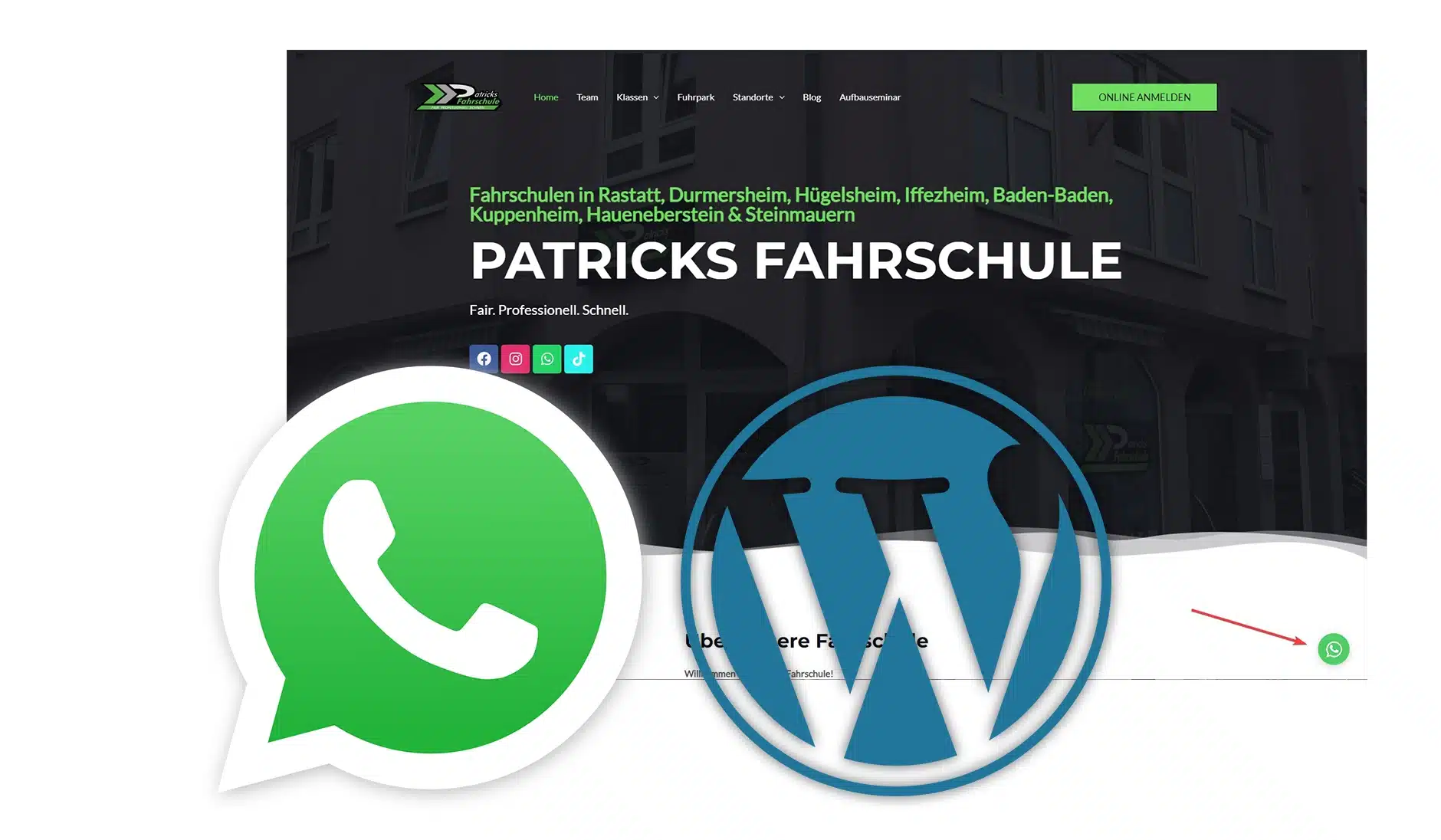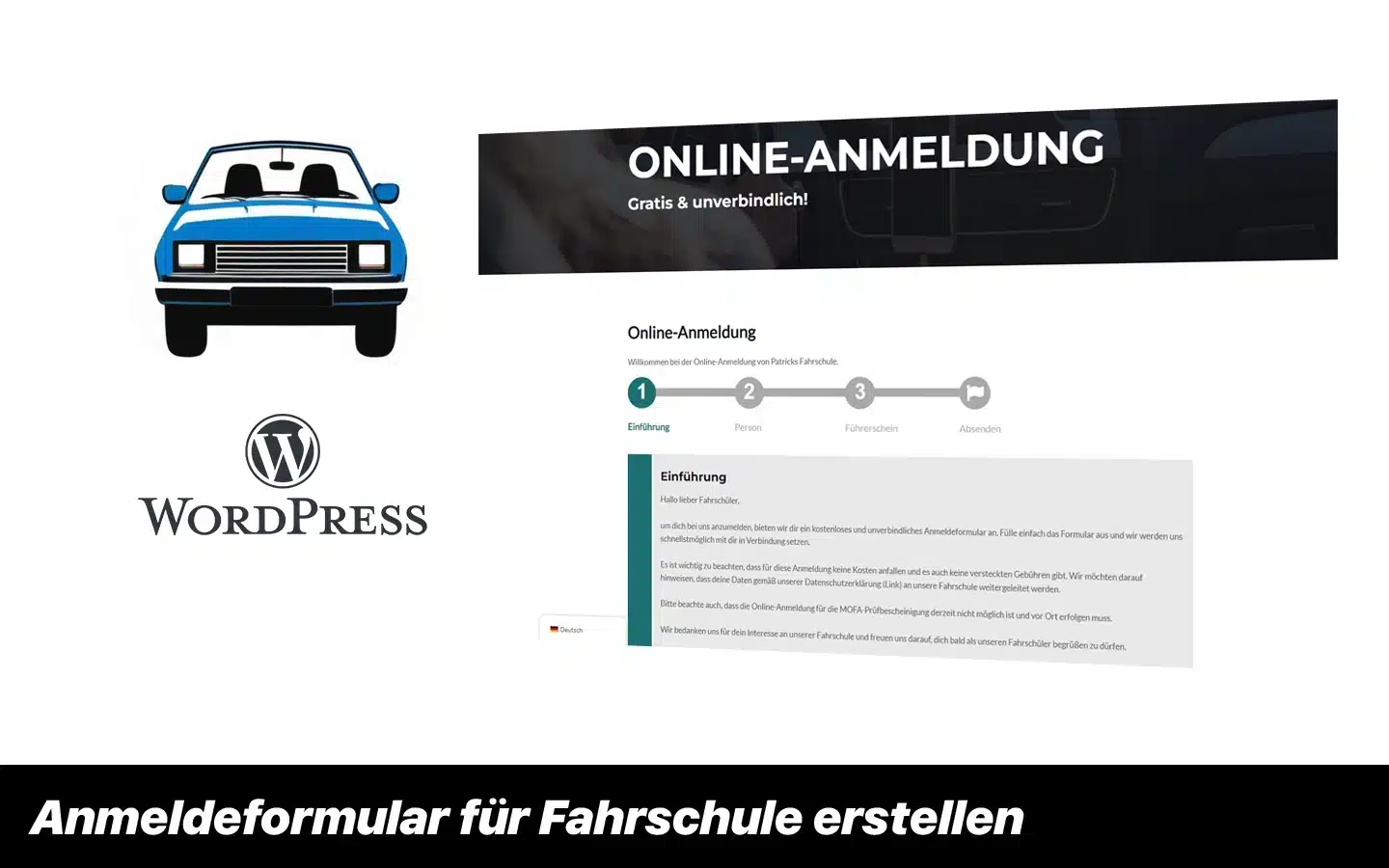Hello everyone. As you may have noticed, WordPress is currently in a tizzy.
WordPress is open source software and forms the basis for about 43.5% of all websites on the Internet. (Source: de.wordpress.org)
Open source means “open source”; anyone can contribute to the development.
But what is the founder’s problem?
There is currently a major dispute in the WordPress community between Matt Mullenweg, the co-founder of WordPress, and the hosting provider WP Engine. Mullenweg accuses WP Engine of profiting from WordPress without contributing enough to its further development. He even described the company as a "cancer on WordPress".
Additionally, Mullenweg accuses WP Engine of using the name “WordPress” without permission. In response, he banned WP Engine from WordPress.org, preventing its customers from receiving updates for plugins and themes.
WP Engine refused Mullenweg's demand for a royalty fee of 8% of revenue and filed a lawsuit against him and his company, Automattic. As a result of the dispute, 159 employees, about 8.4% of the workforce, left Automattic because they disagreed with Mullenweg's actions.
This dispute has divided the WordPress community, with many questioning Mullenweg's leadership style. It also raises questions about the commercialization of open source projects and how companies that profit from such projects should contribute to their continued development.
What's next for WordPress?
The current conflict between Matt Mullenweg, co-founder of WordPress, and hosting provider WP Engine has shaken the WordPress community considerably. Mullenweg accuses WP Engine of profiting from the open source platform without adequately contributing to its further development and also accuses the company of trademark infringement. In response, he blocked WP Engine from WordPress.org, which resulted in its customers no longer receiving updates for plugins and themes.
Future prospects:
This conflict could have far-reaching implications for the WordPress community and the open source world as a whole. Possible scenarios include:
- Strengthening open source principles: The dispute could lead to increased discussion about the importance of contributing to the open source community and encourage companies to contribute more to its further development.
- Changes in licensing: New licensing models could be developed to ensure that companies that benefit from open source software also contribute to its financing and further development.
- Division of the community: Persistent conflicts could lead to division within the WordPress community, which could hinder collaboration and progress.
Own opinion:
The open source philosophy (including WordPress) is based on cooperation and joint developmentIt is therefore really important that companies that benefit from open source projects also contribute their part to the community.
The current conflict highlights the challenges that arise when commercial interests and open source principles collide.
The dialogue should be conducted and suitable solutions should be found that take into account both the sustainability of open source projects and the interests of companies.






